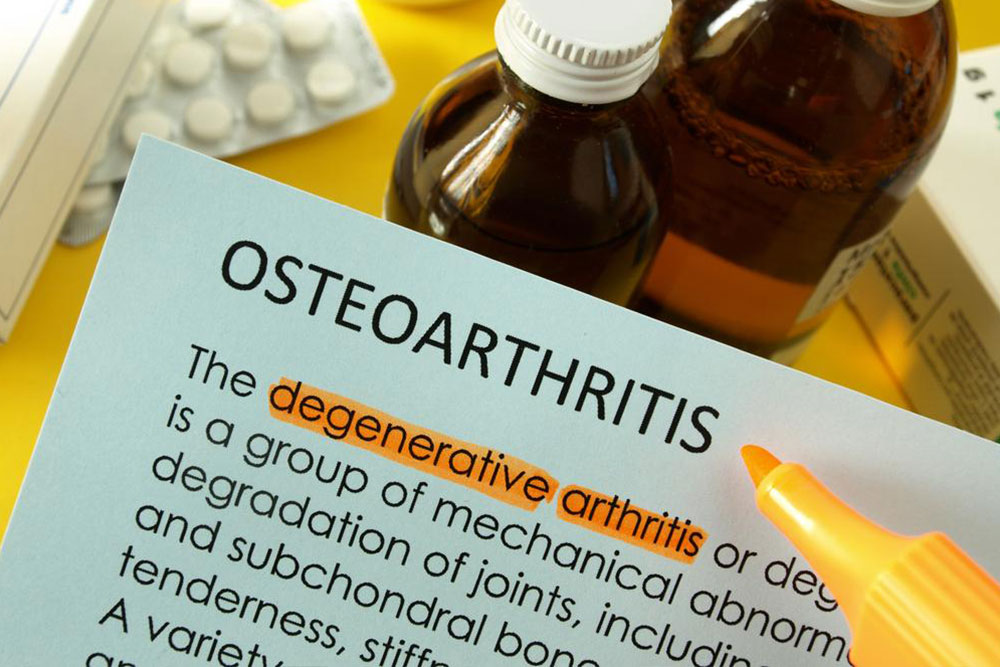Top 4 Therapeutic Approaches for Managing ALS Symptoms
This article explores four key therapies to help manage ALS symptoms, focusing on physical, respiratory, occupational, and speech therapies. It aims to inform readers about treatment strategies that improve quality of life for those affected by ALS, emphasizing supportive care and symptom management for better functional independence.

The human body is susceptible to illnesses that can weaken the immune system and cause discomfort. Among these, Amyotrophic Lateral Sclerosis (ALS) is a progressive neurological disorder that impairs muscle strength and motor function. ALS presents with symptoms such as muscle weakness, speech difficulties, trouble chewing, grip problems, behavioral changes, breathing issues, and emotional fluctuations. If left untreated, these symptoms worsen over time. Although complete eradication isn't possible, various therapies can help manage symptoms and improve quality of life.
Effective treatment options include:
Physical therapy – ALS-related muscle decline hampers daily activities. Physical therapy helps maintain mobility, reduce pain, and strengthen muscles through tailored exercises, supporting overall physical health.
Respiratory support – As muscle strength diminishes, breathing difficulties emerge. Devices like mechanical ventilators assist respiration, especially during sleep, providing relief and enhancing airflow.
Occupational therapy – Muscle decline affects daily tasks such as dressing or household activities. Occupational therapists offer adaptive tools and strategies to retain independence.
Speech therapy – Speech and swallowing challenges are common ALS symptoms. Speech therapies improve communication skills and help manage speech impairment effectively.
The primary goal of these treatments is to help individuals maintain autonomy and a better quality of life despite the progressive nature of ALS.
Disclaimer:
This blog offers valuable insights across various topics. While our research aims to be accurate, it shouldn’t replace professional medical advice. Data inaccuracies and updates may occur, and we do not endorse specific schemes or offers beyond our coverage.










